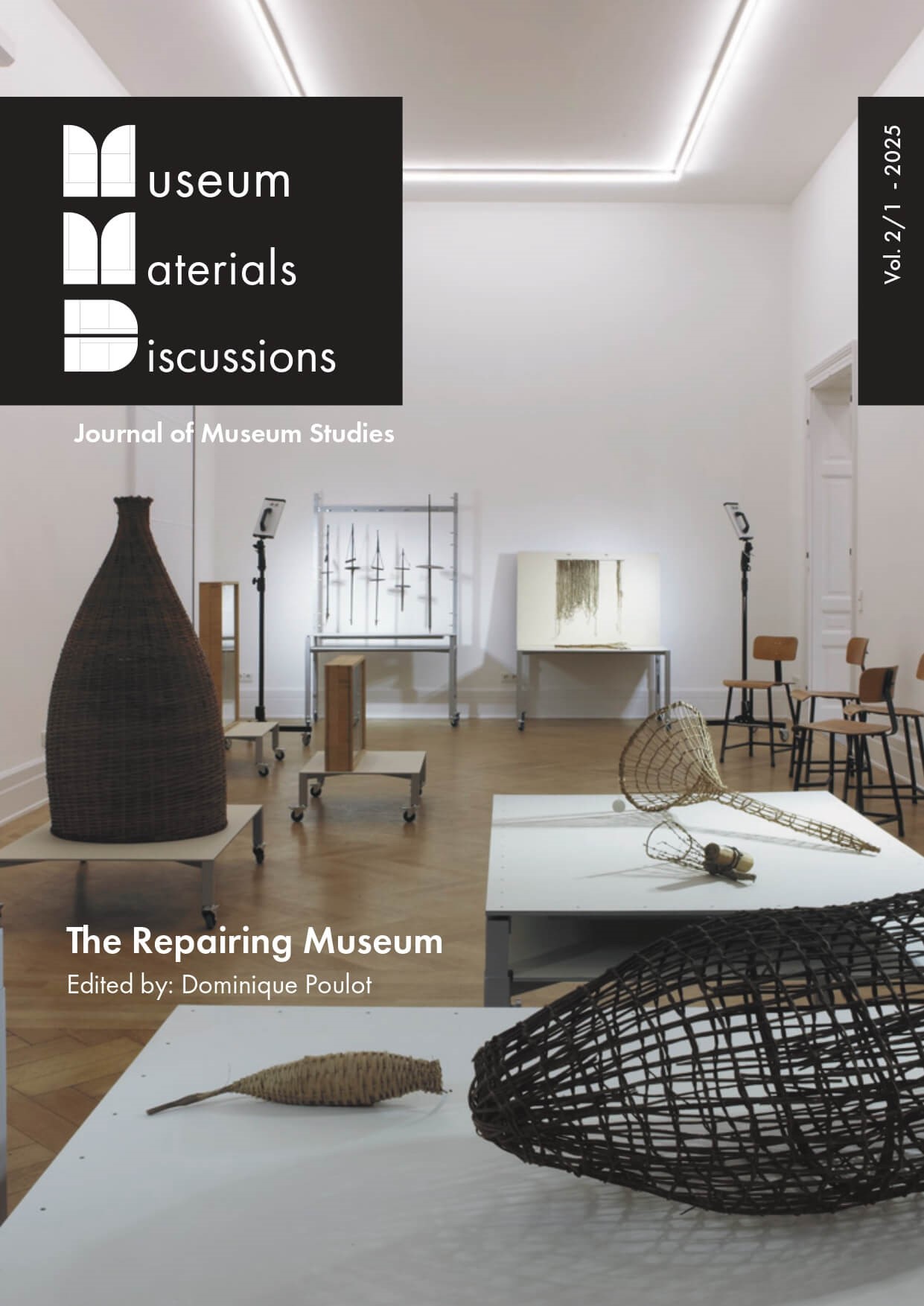Tirer les ficelles. Usage et réparation de collections en tension
DOI:
https://doi.org/10.6092/issn.3034-9699/21596Keywords:
Museums, Conservation, Puppets, Reconciliation, Fluidity, Activation, Circulation, Solution, France, CameroonAbstract
The restitution of colonial collections is often hampered by a recurring argument: that of conservation. According to this rhetoric, only Western museums have the necessary expertise to conserve material heritage, thereby imposing the idea that museums elsewhere should adapt and conform to international standards. In recent years, however, this perspective has been challenged by a growing recognition of the diversity of conservation traditions and practices.
In this article I would like to highlight an additional dimension: the appropriate flexibility of European museums in managing and loaning cultural heritage. The case of the puppets in the North of France will serve as an illustration of this dynamic. I will stress the importance of understanding the fluidity of museum practices worldwide and of moving beyond the often assumed epistemological opposition between, for example, 'African museums' and 'European museums'. Rather than reinforcing this divide, I will highlight the diversity and adaptability of different museum models, drawing on examples from France and Cameroon. For example, I will highlight cases where museums have found innovative solutions to allow different users to access their collections. In this context, repair emerges as both a material and immaterial practice, involving the physical transformation, activation, and circulation of collections.
Downloads
Published
How to Cite
Issue
Section
License
Copyright (c) 2025 Noémie Etienne

This work is licensed under a Creative Commons Attribution 4.0 International License.





